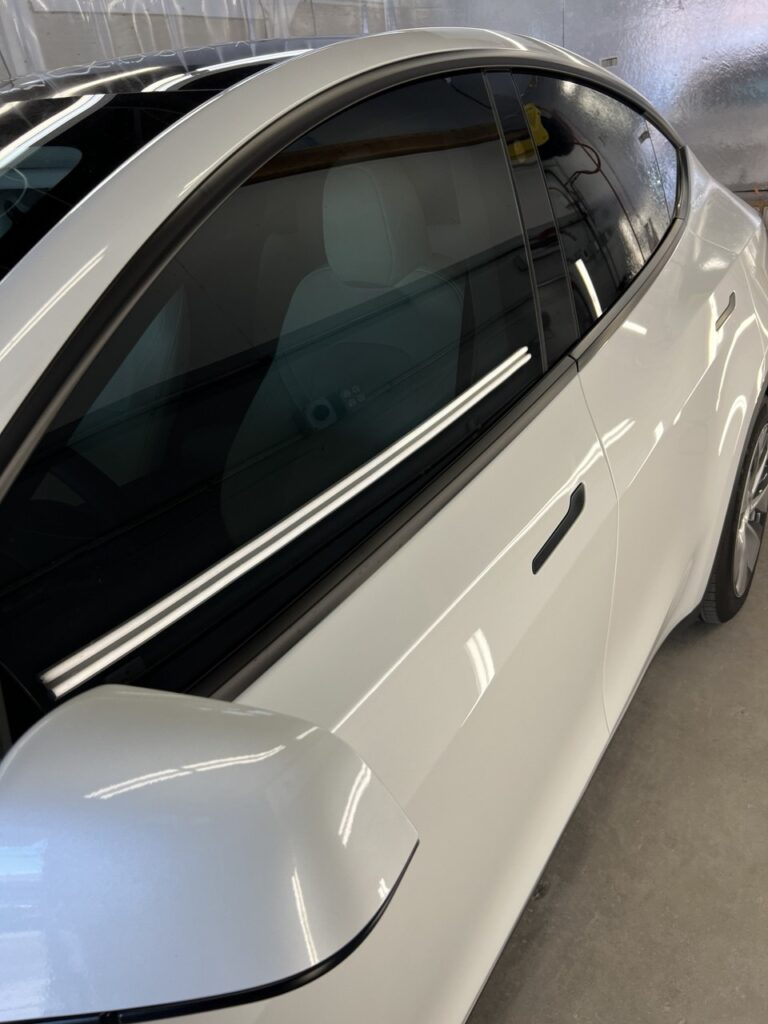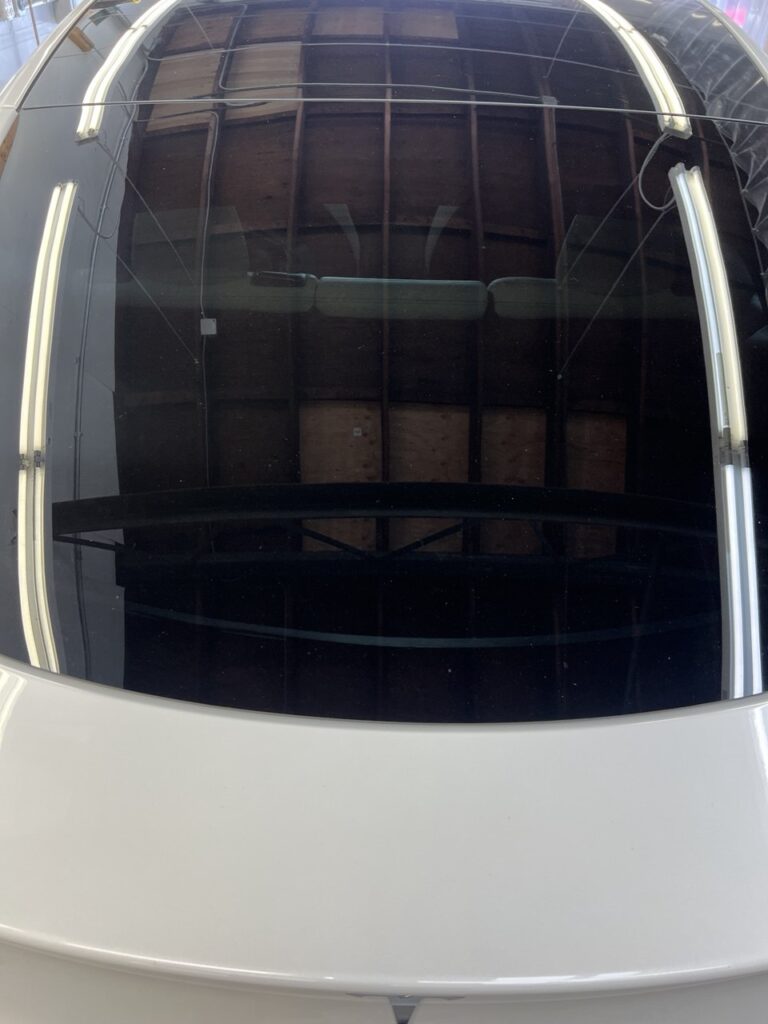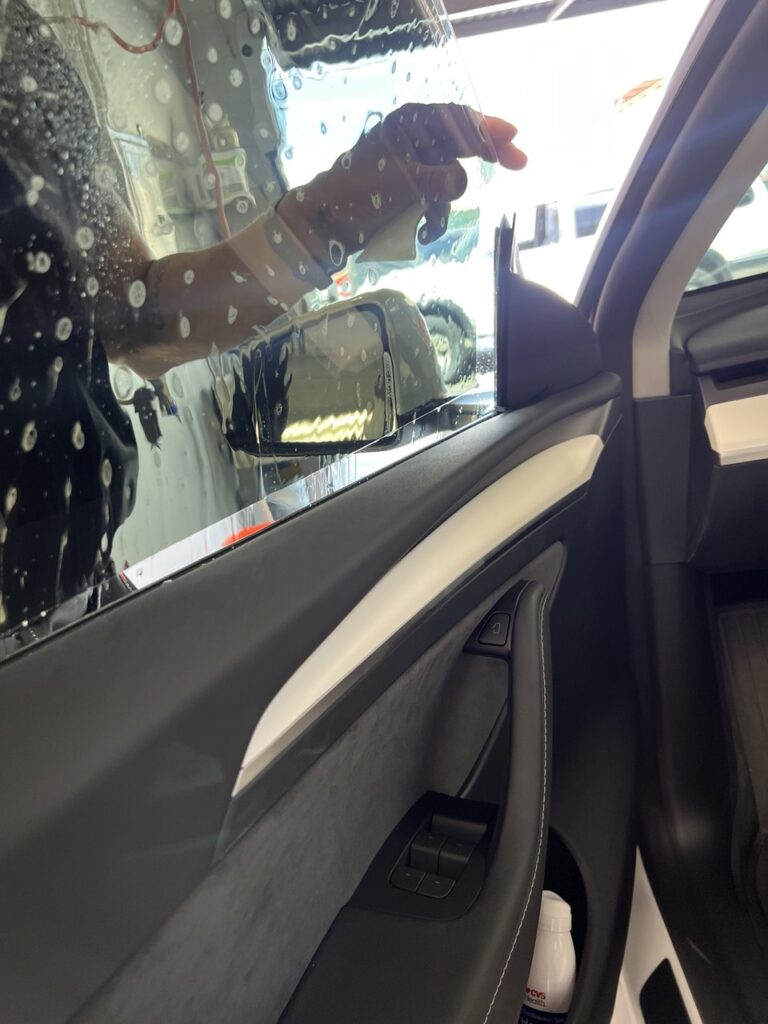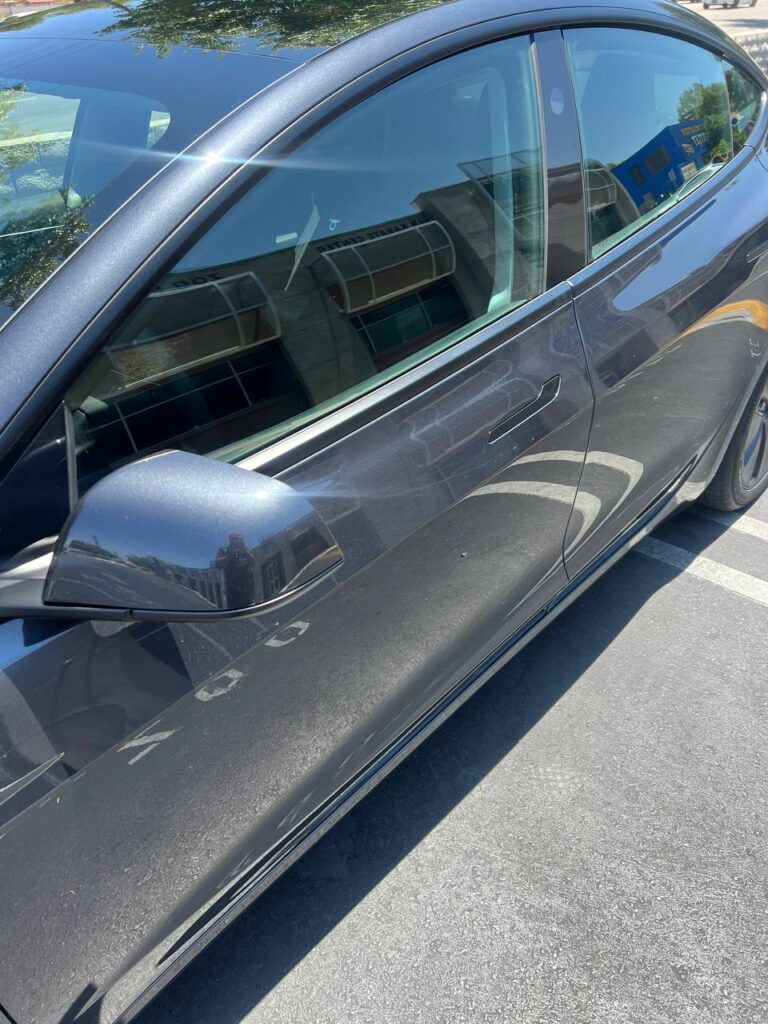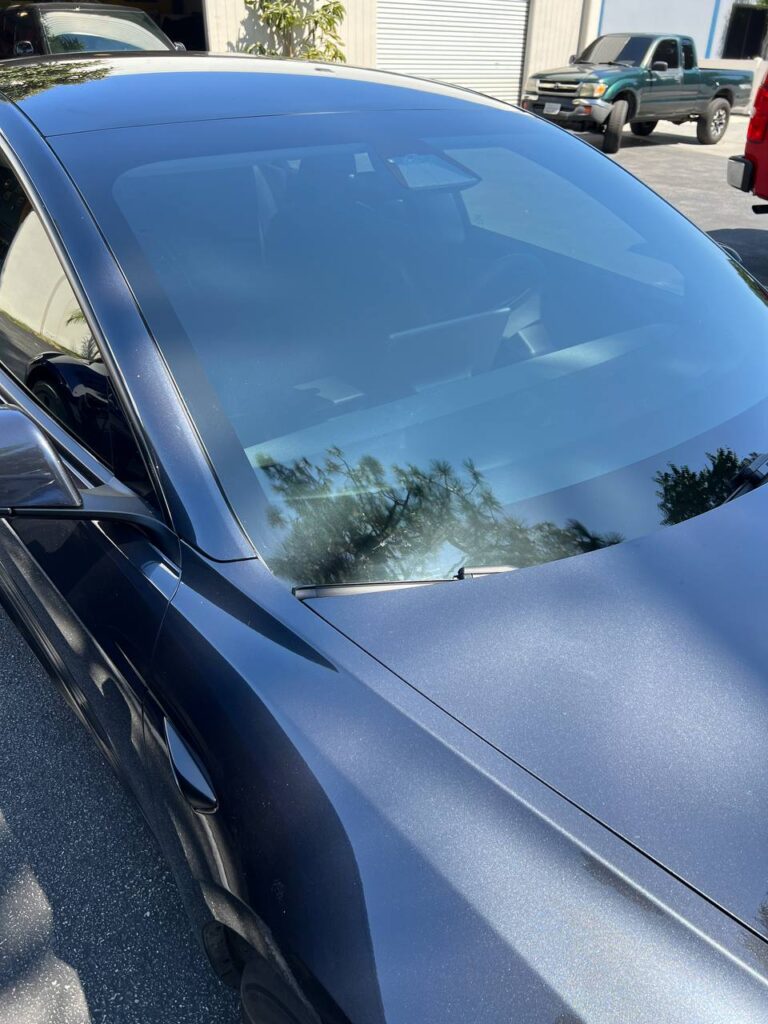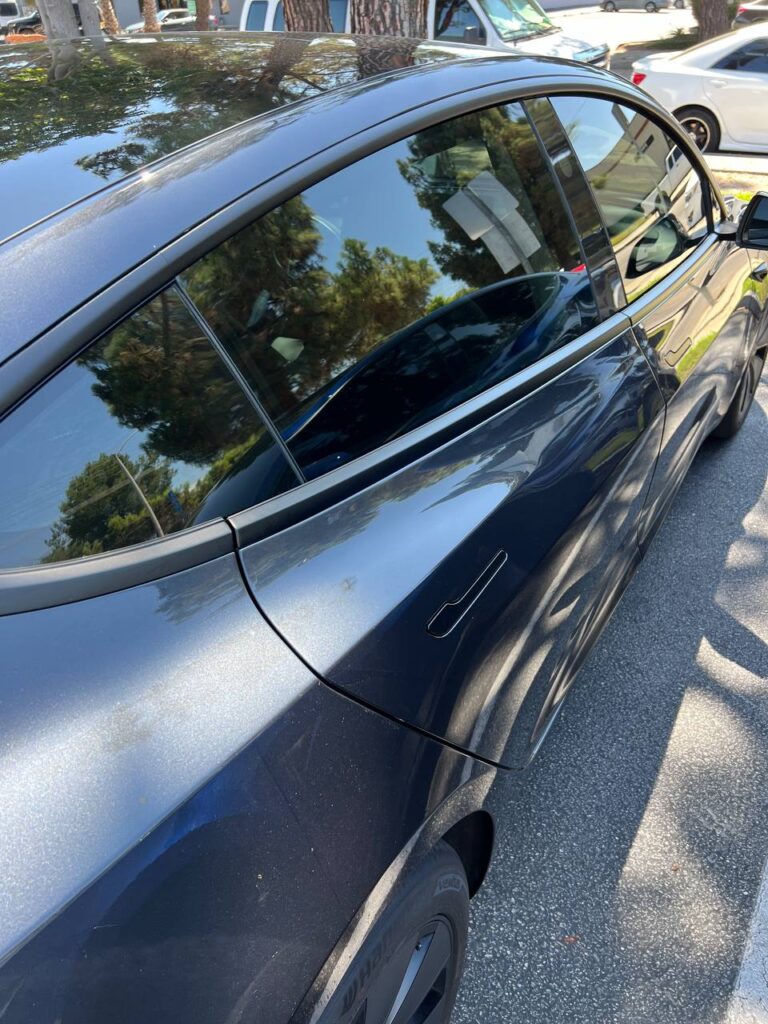Car tinted glass refers to windows that have been treated with a film or a special coating to reduce the amount of visible light, ultraviolet (UV) rays, and infrared radiation that can enter the vehicle. Tinted windows are popular for various reasons, including:
Benefits of Car Tinted Glass:
Heat Reduction: Tinted windows can significantly reduce the amount of heat that enters the car, making it more comfortable, especially in hot weather.
UV Protection: Tints can block up to 99% of harmful UV rays, which can help reduce skin cancer risk and prevent damage to the car's interior.
Privacy: Tinted windows provide a level of privacy for passengers and belongings inside the vehicle.
Glare Reduction: Tints can reduce glare from sunlight and headlights, improving visibility and driving comfort.
Aesthetic Appeal: Many people find that tinted windows enhance the appearance of their vehicle, giving it a sleek, polished look.
Shatter Resistance: Tinted films can add an extra layer of protection, helping to hold shattered glass together in the event of an accident or break-in.
Types of Window Tinting:
Dyed Window Film: This type uses dye to absorb heat and reduce glare. It is often the most affordable option.
Metalized Window Film: This film contains metallic particles that reflect heat and UV rays. It is more durable and provides better heat rejection than dyed films.
Ceramic Window Film: This is a high-performance option that uses ceramic particles to block heat and UV rays without interfering with electronics.
Carbon Window Film: This type is made from carbon particles, providing good heat rejection and a matte finish.
Legal Considerations:
Different regions have specific laws regarding the allowable levels of window tinting. These laws can dictate how dark the tint can be, whether the front windshield can be tinted, and what types of films are permissible. It’s important to check local regulations before applying tint to ensure compliance.
Installation:
Tinting can be done as a DIY project using pre-cut film kits, but many people opt to have it professionally installed to ensure a high-quality finish and avoid potential issues such as bubbling or peeling.
Maintenance:
Maintaining tinted windows typically involves cleaning them with non-abrasive cleaners and avoiding harsh chemicals that could damage the film.
If you have more specific questions about car tinted glass, feel free to ask!
Some examples of our work
